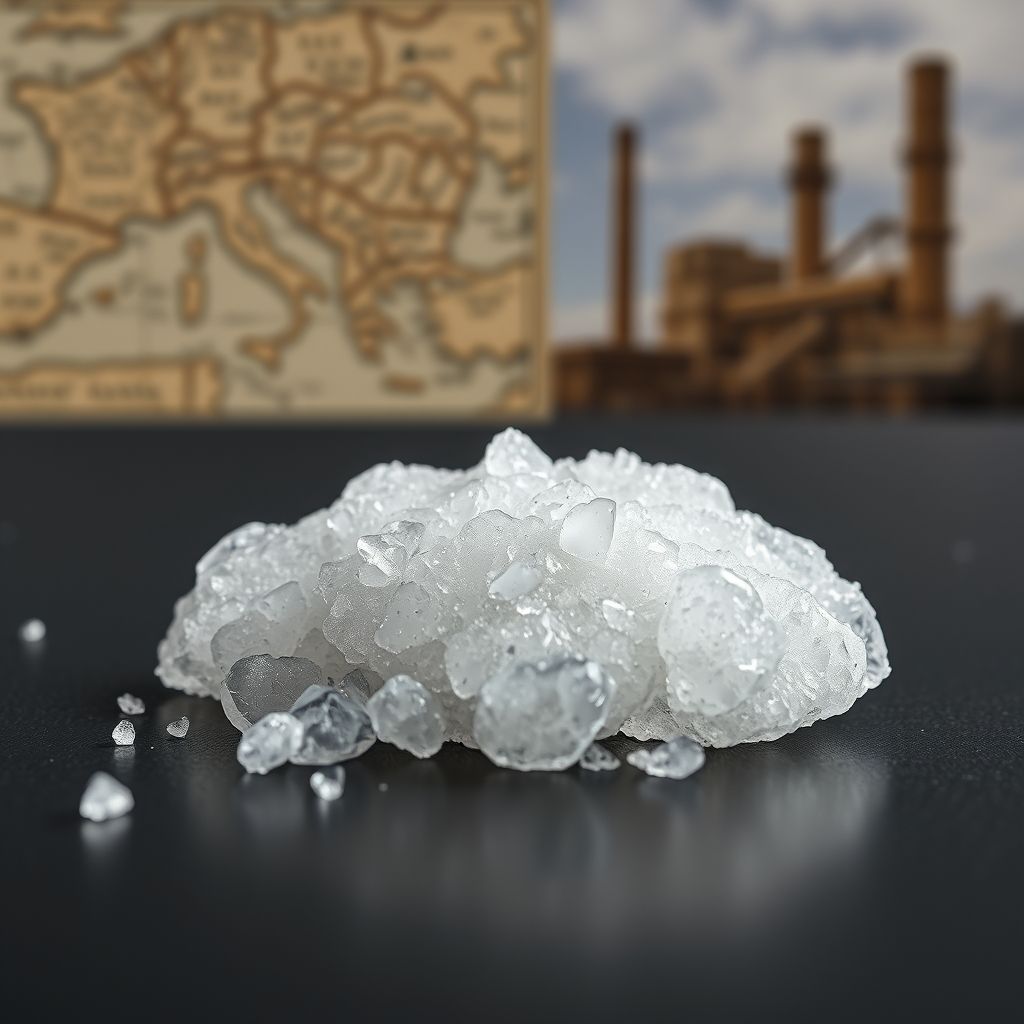The Salty Saga: How Salt Shaped Civilizations and Our Health

The Unsung Hero of History: Salt’s Enduring Influence
Salt. It’s a staple in nearly every kitchen, a fundamental ingredient in countless cuisines, and a silent partner in our daily lives. But its significance goes far beyond flavor enhancement. For millennia, salt, primarily in the form of sodium chloride (NaCl), has played a pivotal role in shaping civilizations, influencing economies, and even dictating the outcomes of wars. This seemingly simple mineral holds a fascinating history, impacting societies across the globe in profound ways.
A Journey Through Time: Salt’s Early Footprints
Evidence of salt processing dates back to around 6000 BC. Discoveries in present-day Romania and China offer some of the earliest glimpses into humanity’s relationship with this vital resource. These early civilizations recognized salt’s preservative qualities, allowing for the storage of food, a crucial advantage in a world without refrigeration.
Salt: The Currency of Power and Trade
Throughout history, salt’s value often surpassed that of gold. It was a cornerstone of trade, a commodity that could make or break empires. The control of salt mines and trade routes led to power struggles and, at times, outright warfare. The strategic importance of salt even influenced the locations of early cities and societies; settlements often sprung up near salt sources, highlighting its importance to societal development.
More Than Just Flavor: Salt as a Chemical Workhorse
Beyond its culinary uses, salt serves as a crucial chemical feedstock. It’s the raw material used to produce a vast array of essential products, including caustic soda, chlorine, plastics, and paper pulp. This chemical versatility underscores salt’s importance in modern industry and its continued role in driving innovation and progress.
The Double-Edged Sword: Salt and Human Health
While salt is essential for human health, it’s a delicate balance. Sodium is vital for nerve and muscle function, but excessive consumption can lead to serious health problems. The link between high salt intake and increased risk of cardiovascular diseases is well-established. Consequently, many health organizations, like the World Health Organization, recommend reducing salt intake to protect against hypertension and related conditions.
Balancing Act: Salt in Our Modern World
Today, salt remains a cornerstone of global trade, a critical element in food preservation, and an essential ingredient in countless industrial processes. However, awareness of its impact on health is growing, urging individuals and societies to reconsider their relationship with this ubiquitous mineral. The story of salt is a powerful reminder of how a single substance can weave its way through history, economy, culture, and human health. It is a fascinating tale of resource management, societal development, and a continuing balance between necessity and moderation.




